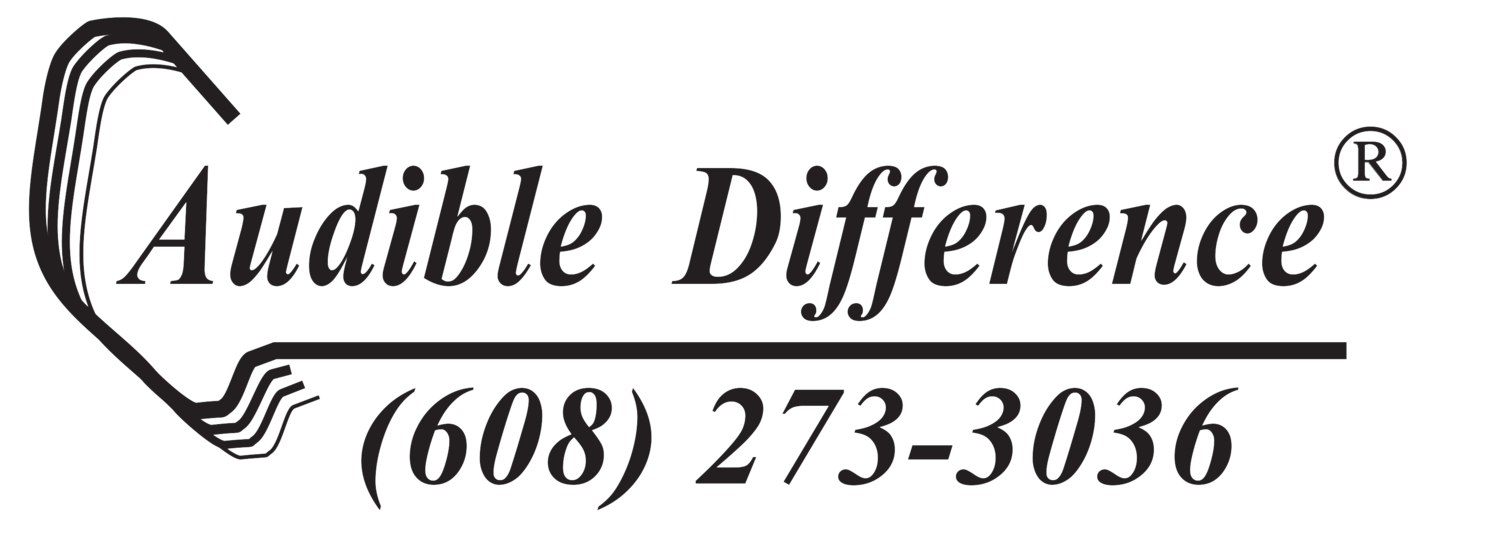
Hearing solutions tailored to your needs
About Hearing Instruments
Widex Instrument Styles
Hearing connects us to one another. When your hearing is not as sharp, you lose the clarity of these connections. Advancements in the technology have allowed significant improvements in overall sound quality and sound processing tailored by your audiologist to meet individual needs. They can manipulate the incoming audio signal based on the shape of your ear. They automatically enhance speech, reduce noise, control feedback (whistling), transpose high frequency sounds to make them audible, as well as adjust automatically in various listening environments. The best part of this technology is that all these adjustments happen automatically for the user. So, as complicated as this all sounds, you don’t have to worry about the technical part. In fact, from an ease of use point of view, new hearing instruments are easy to use… just put them in your ear and go.
Widex Accessories
Hearing Instrument Accessories
Today’s modern hearing instruments are more than amplifiers, they connect us to friends and family through accessories such as land-line phones, cellphones, TV, and many Bluetooth devices. These accessories allow you to maintain independence and to enhance your hearing for applications that would have been challenging in the past.
Hearing Loops
Hearing instruments may have an internal telecoil (T-coil) or an option to use an accessory to provide a telecoil connection for Hearing Loops. Hearing loops are like binoculars for your ears. They are especially helpful in theaters churches and auditoriums to bring soft and distant speech directly to your ears through headphones or your hearing instruments. Learn more at our page on hearing loops.
Battery technology
Most manufacturers offer rechargeable battery models. The use of rechargeable batteries is convenient and so helpful for those with low vision and dexterity challenges. Rechargeable technology may not be for everyone. You must remember to put them in the charger every night. If you travel, you will need to take the charger with you. If you go to the Northwoods, you must have power access to charge them. Finally, not all rechargeable models have a telecoil option to connect to hearing loops. Discuss your needs with your audiologist to help make a good choice for you.
Sound therapies for Tinnitus Patients
New hearing instruments can not only process incoming sound, they can generate sounds. These sound therapies combined with professional counseling can help patients with tinnitus reduce their perception and annoyance of the tinnitus. Learn more at our page on tinnitus.
Questions to ask when selecting a hearing aid
Here are some questions you should ask your audiologist to help you get the right hearing aid for your hearing and lifestyle needs:
What style would be best for the physical shape of my ear and hearing needs?
Behind-the-Ear
In-the-Ear
In-the-Canal
Completely in the Canal
One hearing instrument or Two?
Balance of sound
Localization
Sound separation in difficult listening environments
What type of sound processing is used in various technology levels?
Speech enhancement
Noise reduction
Wind noise?
Natural sound experience
Automatic vs. manual switching for different listening environments
Frequency transposition to help with audibility of sounds you cannot hear
Is there a trial period?
What is the length of the trial period?
What are the terms?
Can I return the hearing instruments for a refund? Exchange?
Are there other features that would help me?
Telecoil for telephone listening and to connect to hearing loops
Remote Care
Sound personalization through phone Apps.
Direct Bluetooth streaming
What are the costs?
Professional care
Hearing Instruments
Repair Warranties
Loss and Damage Coverage
Batteries
Service Plan
Before you start looking at hearing devices, here are two questionnaires that may help you and your audiologist find the right solutions for you. Be sure to print them and bring them with you to your appointment













